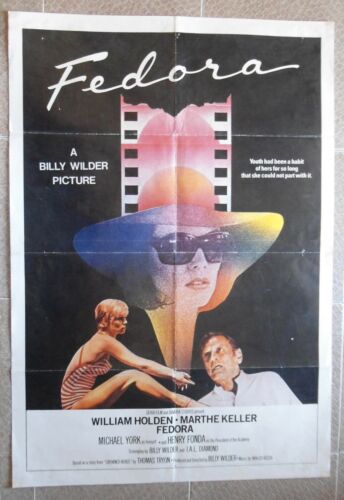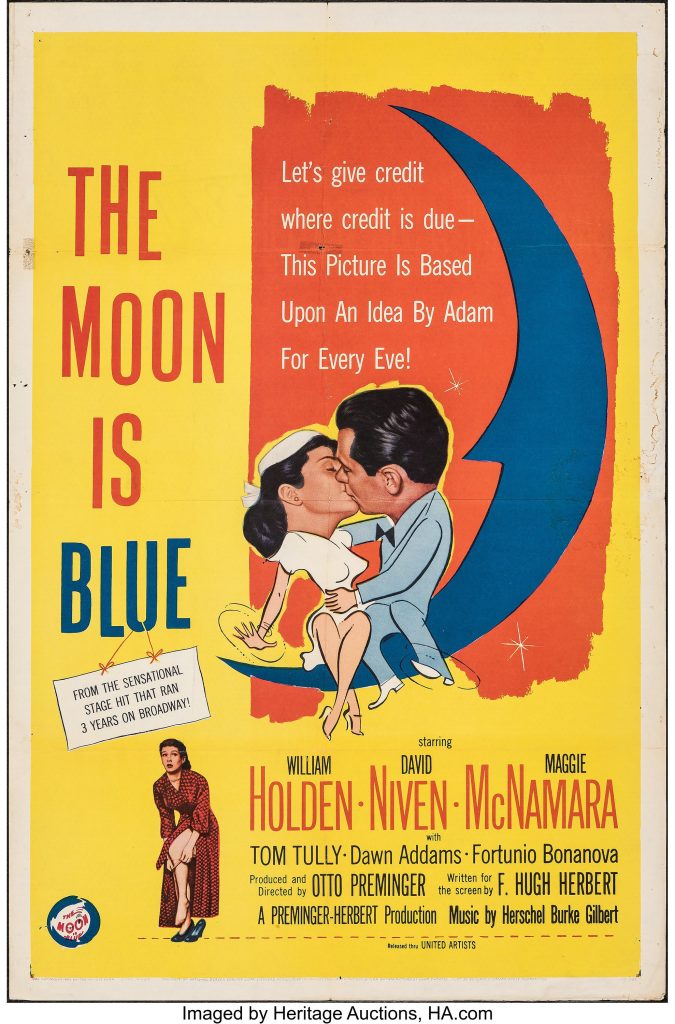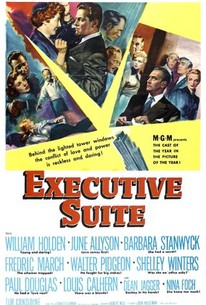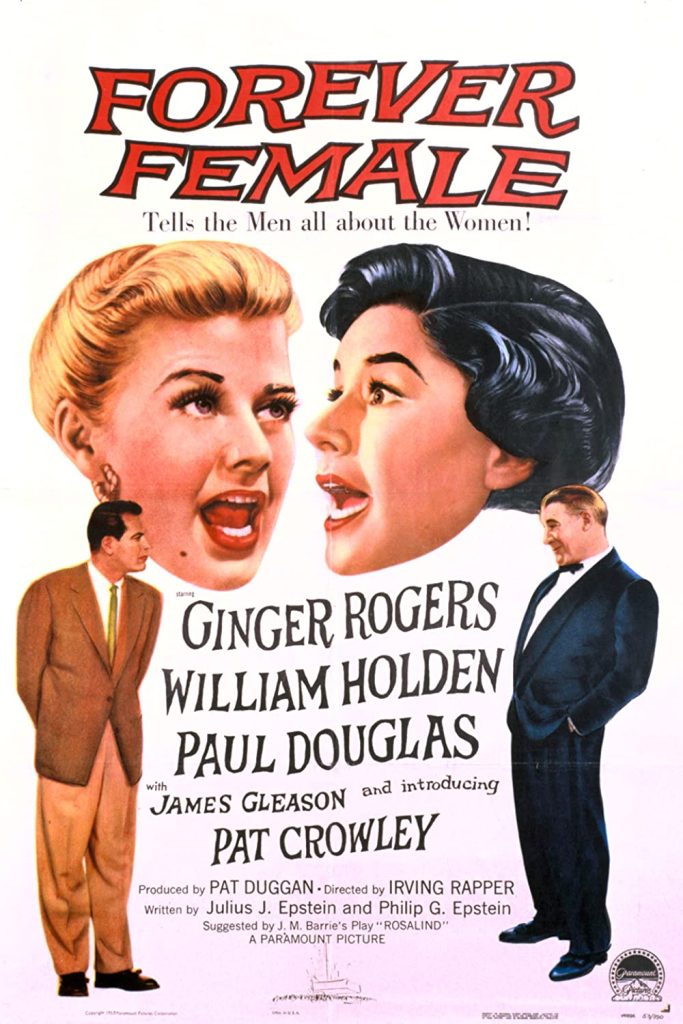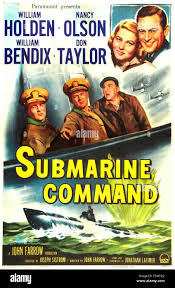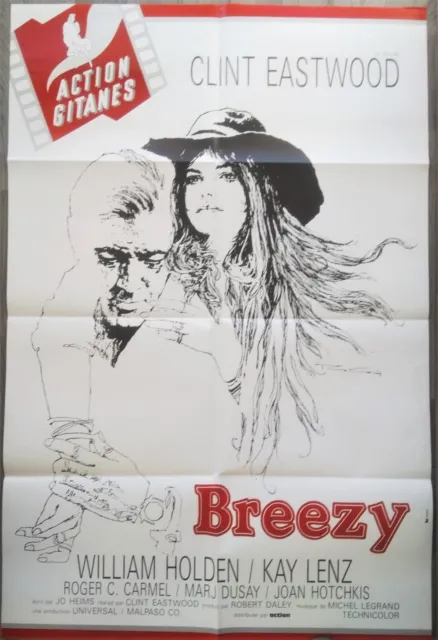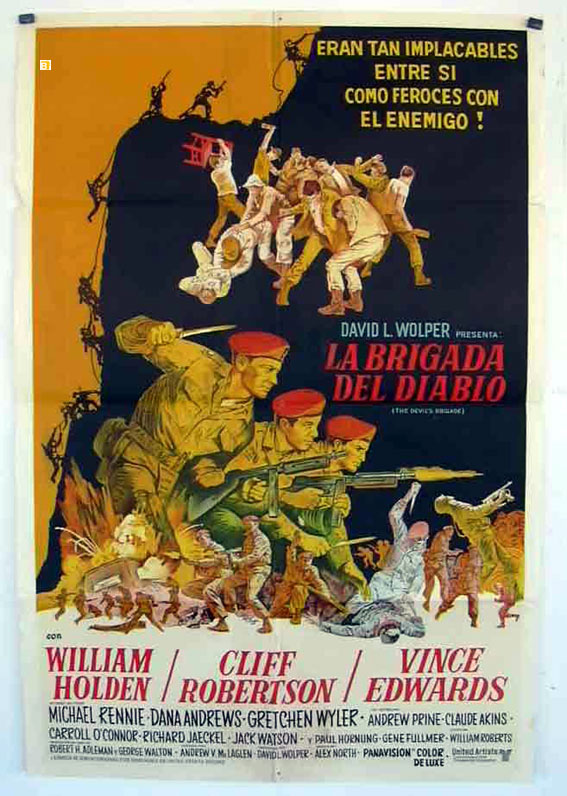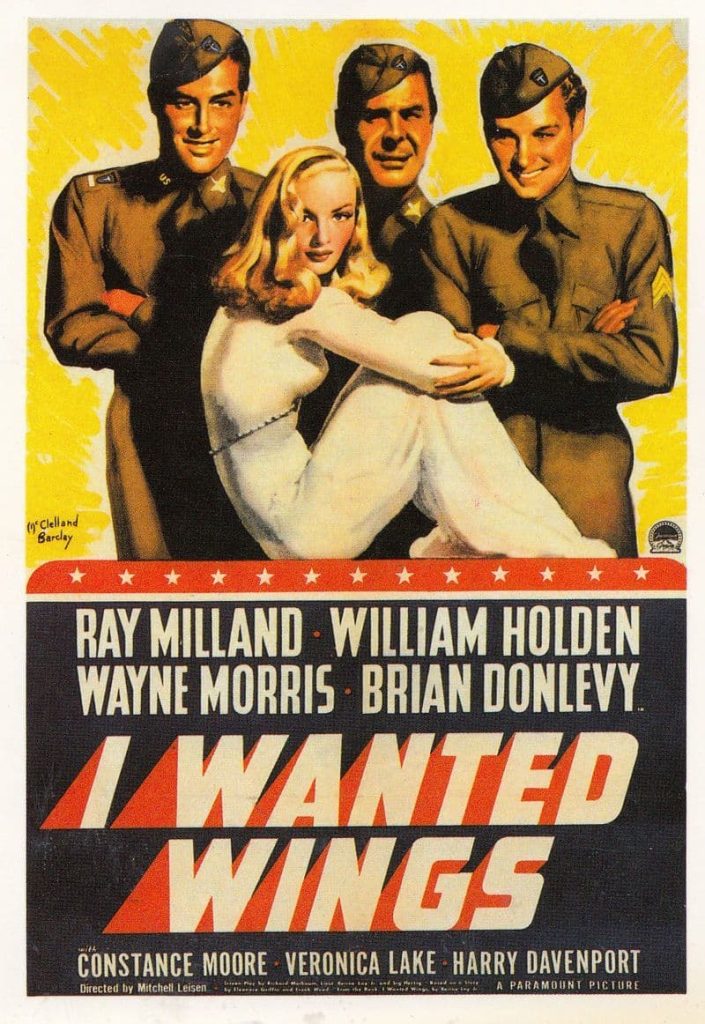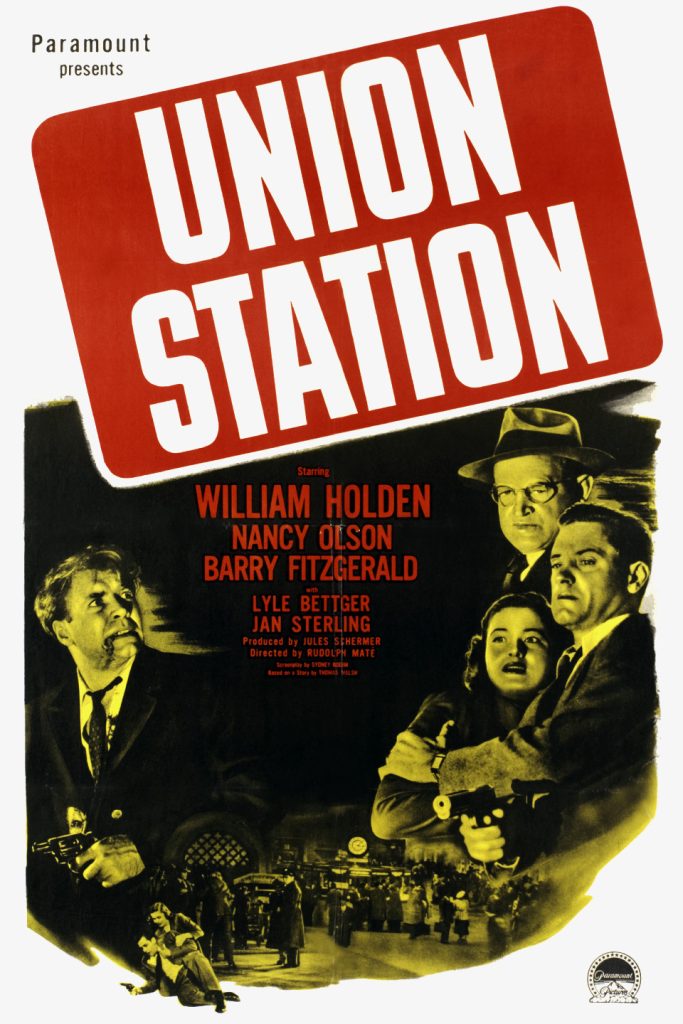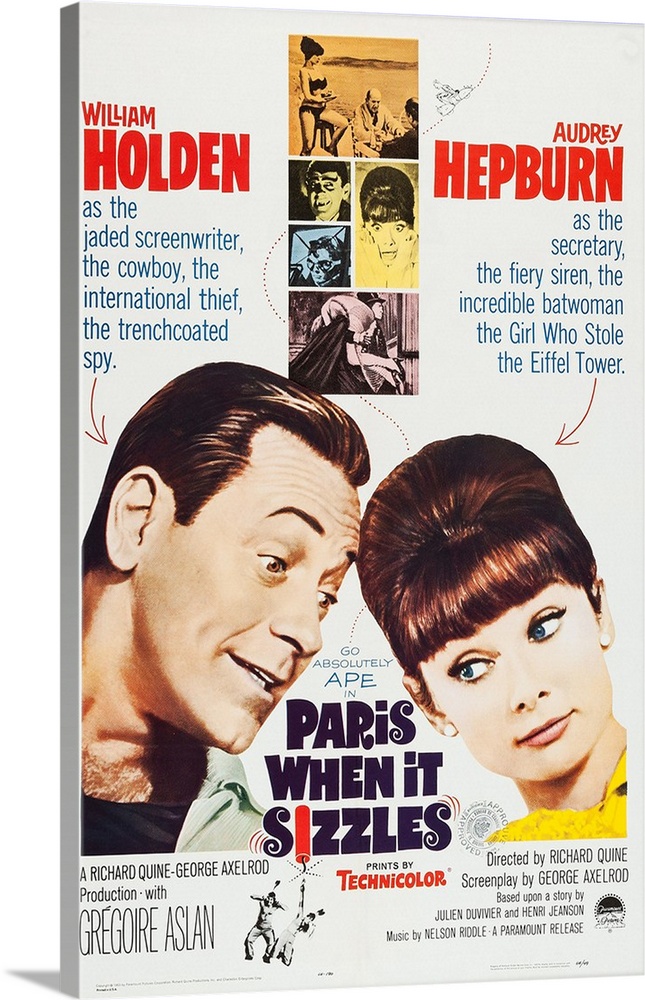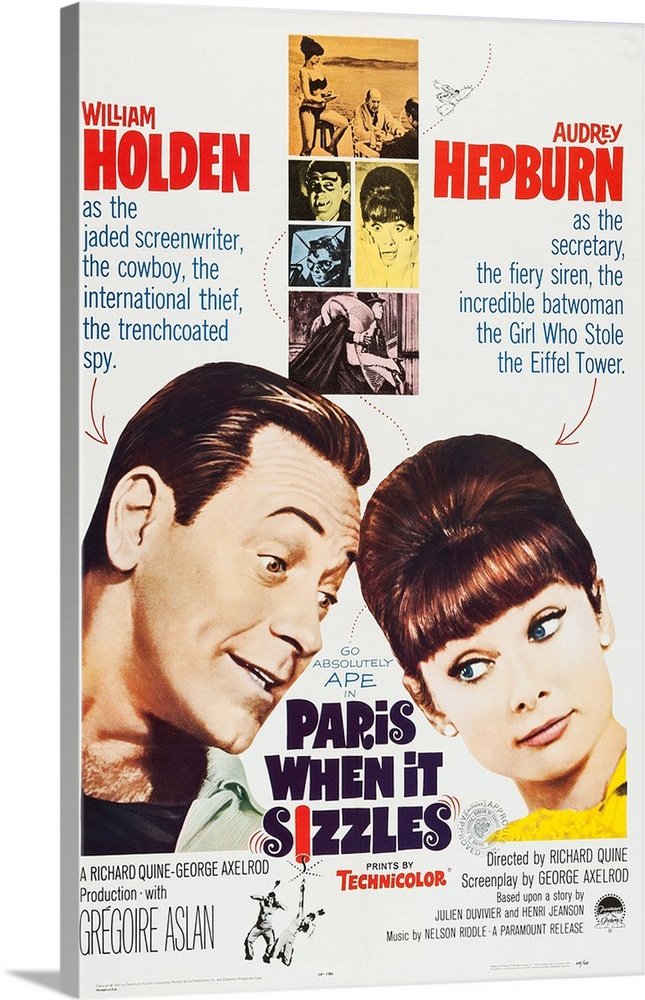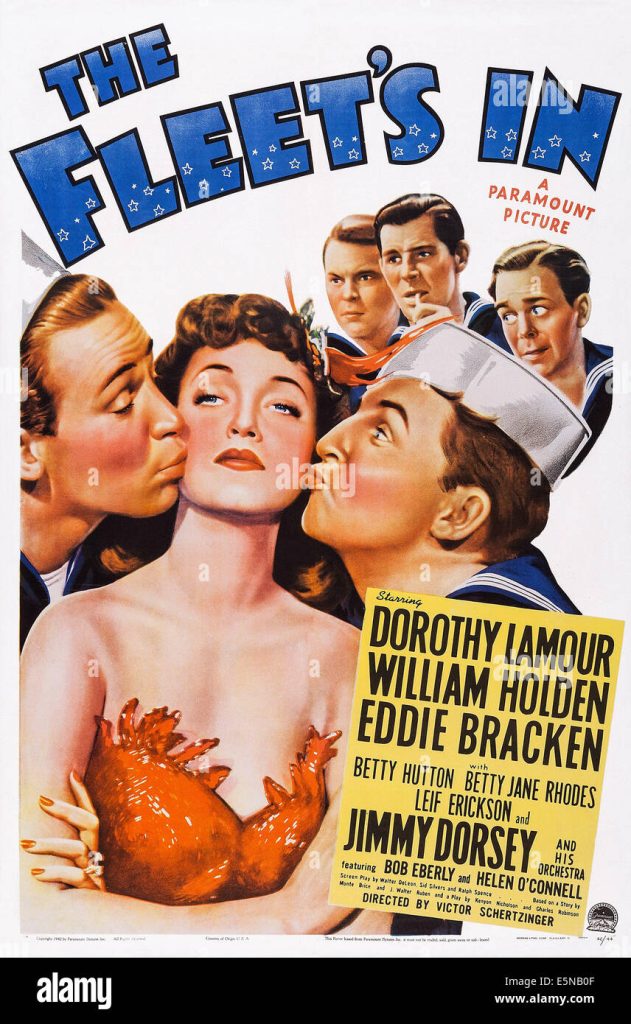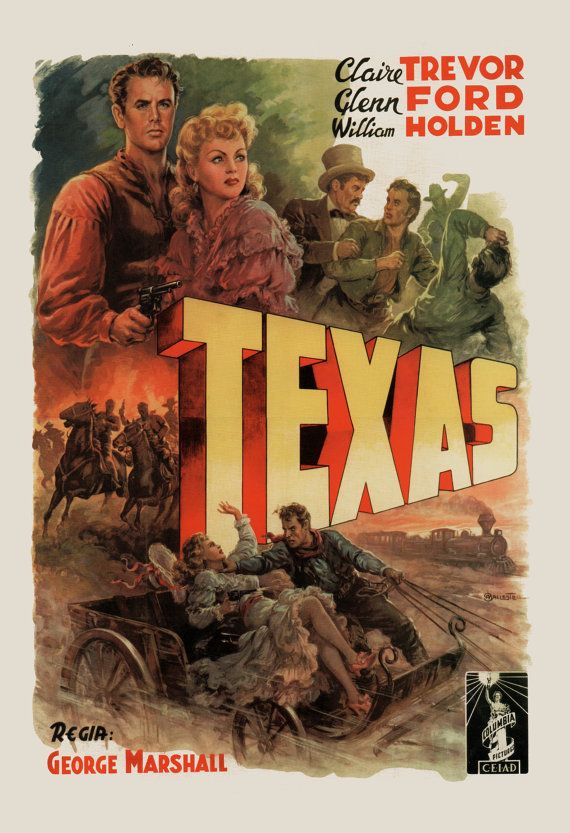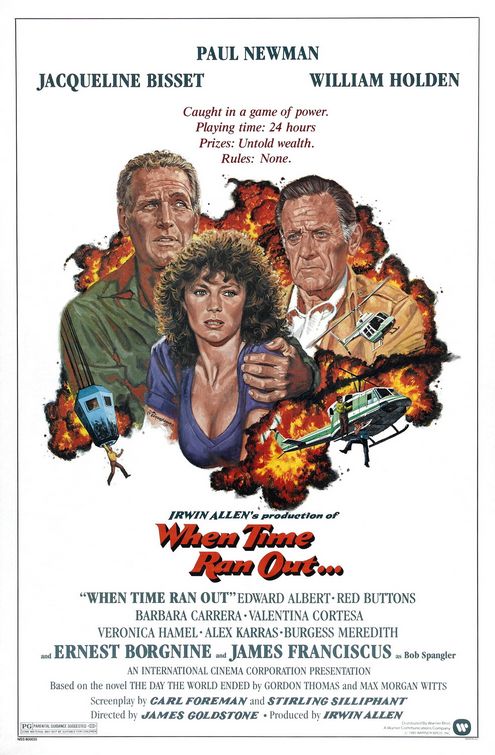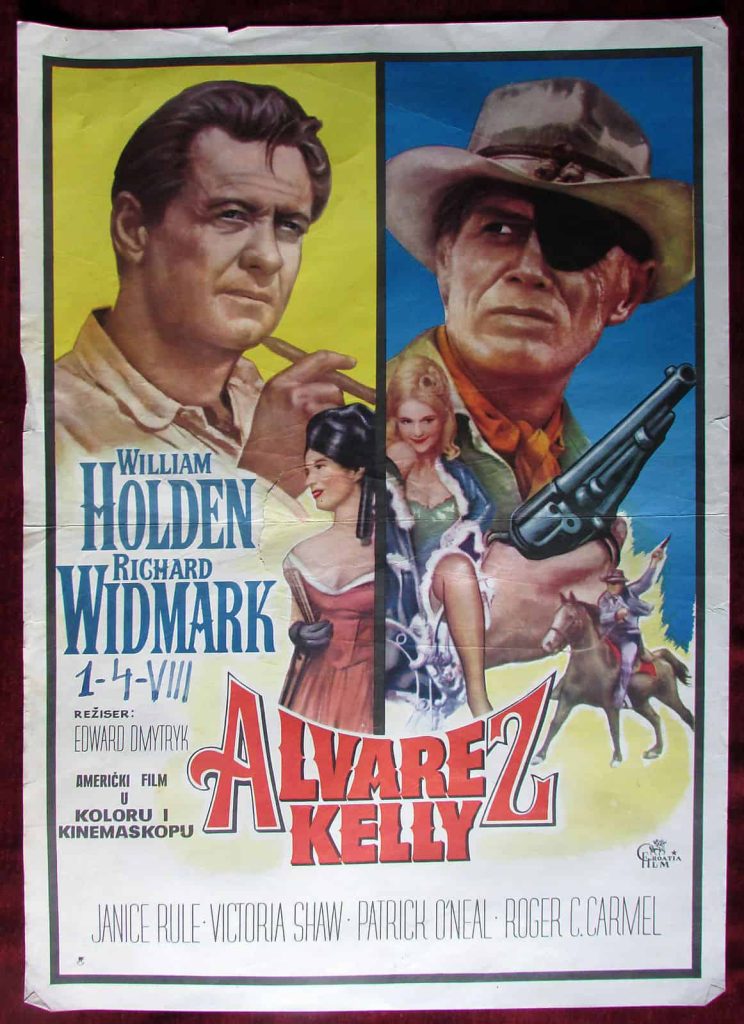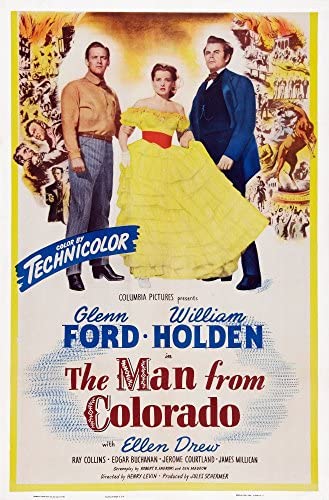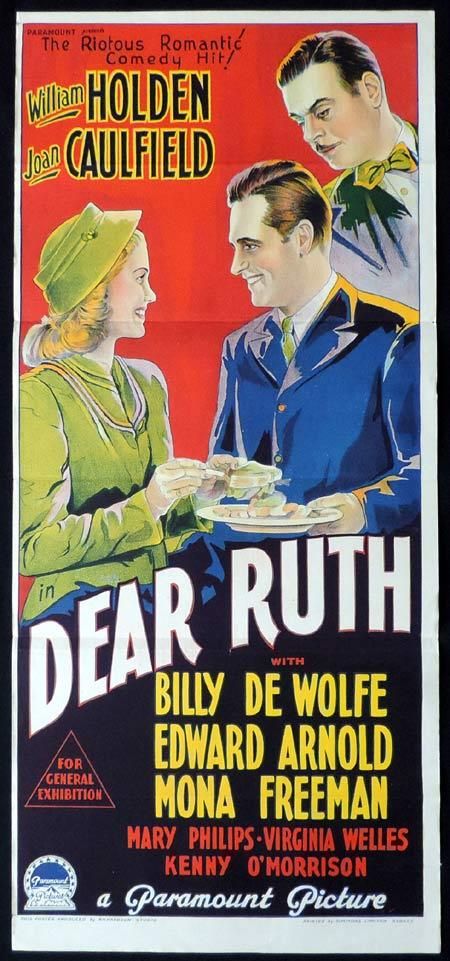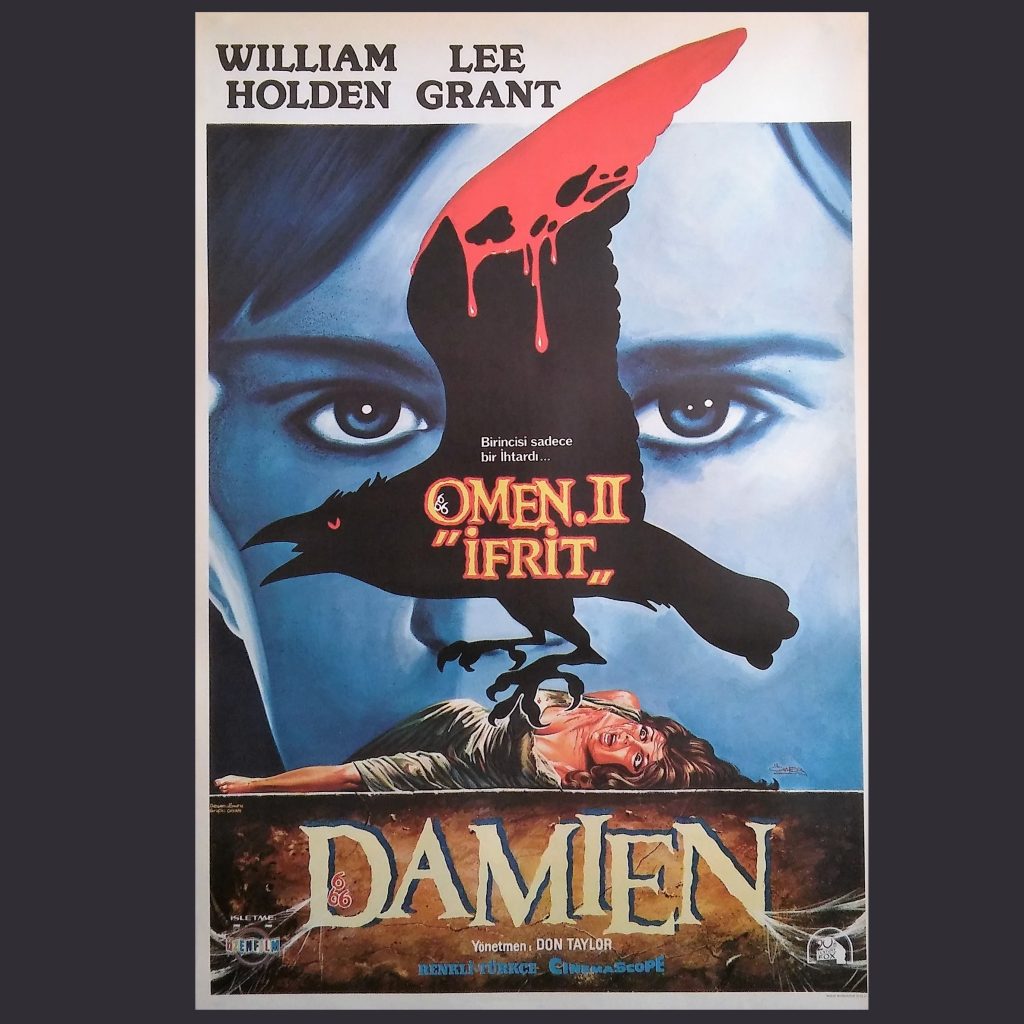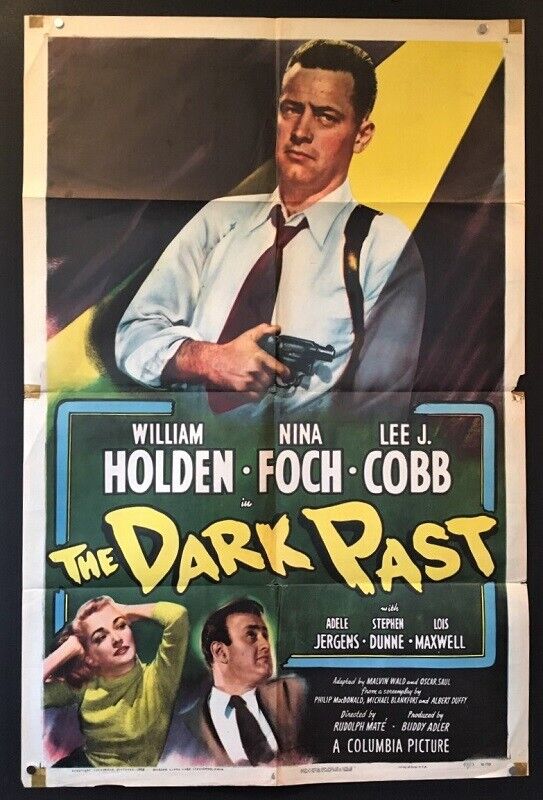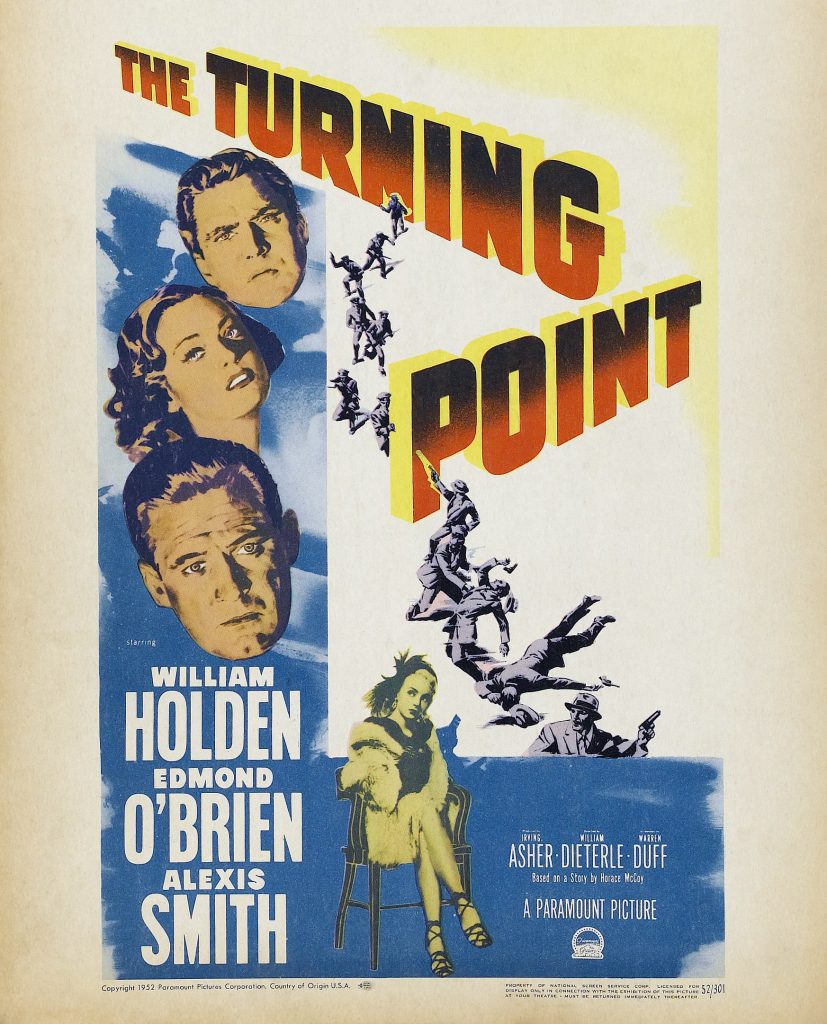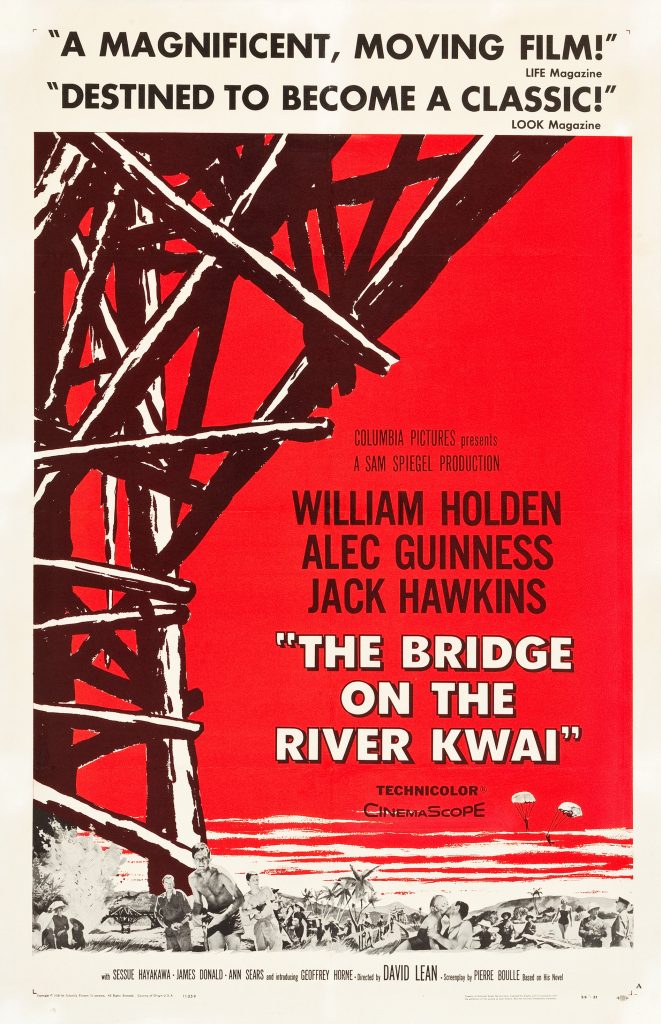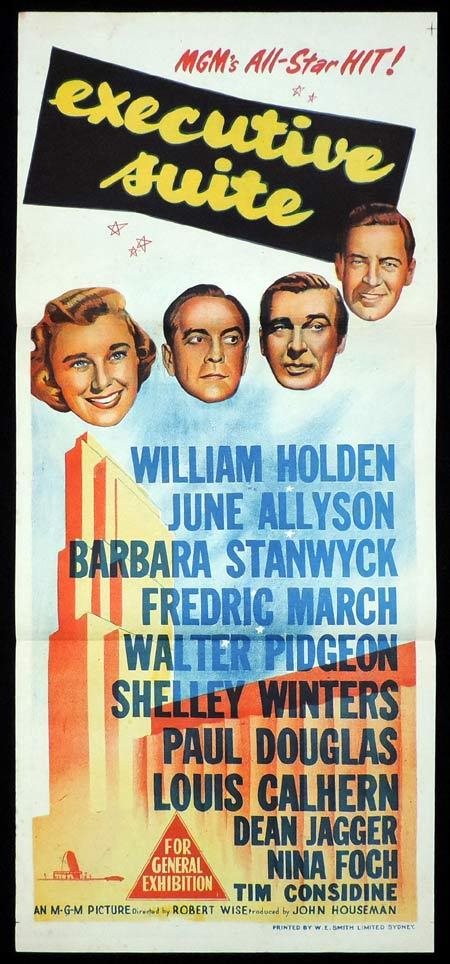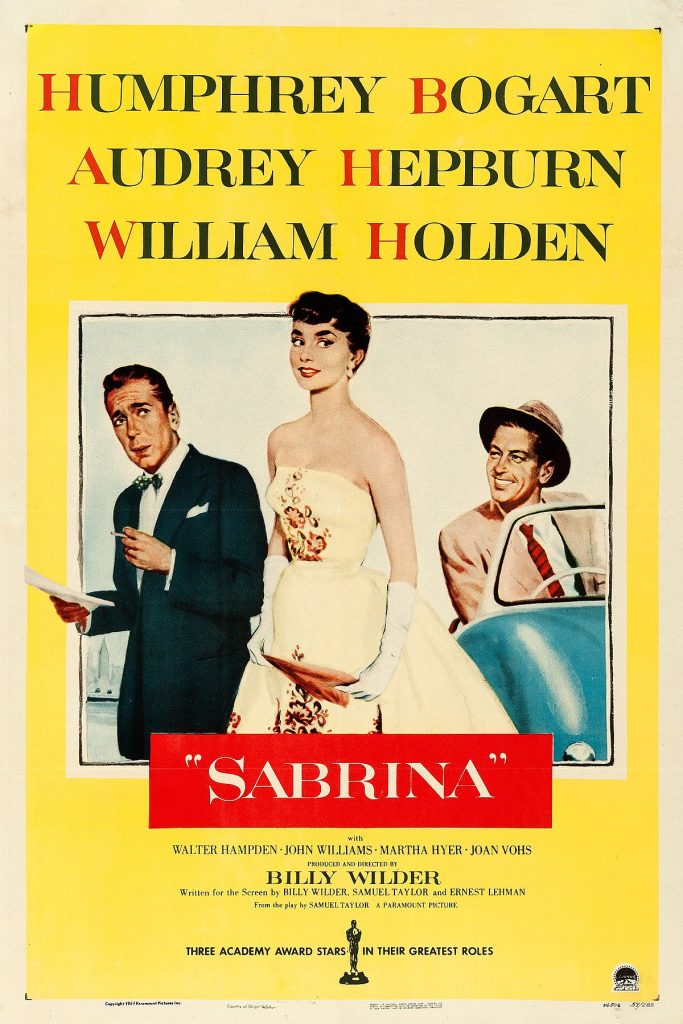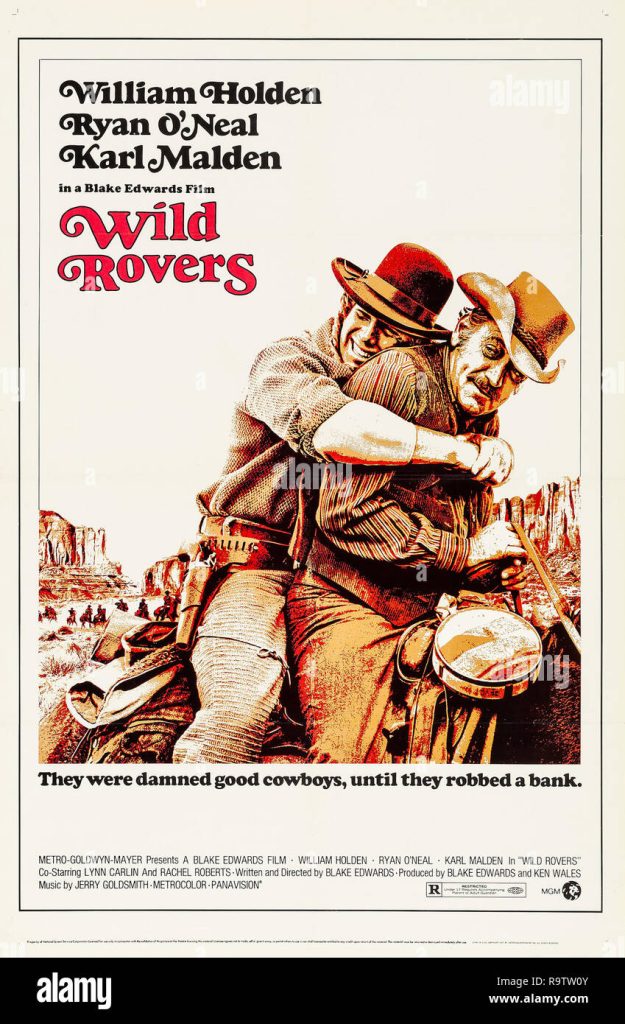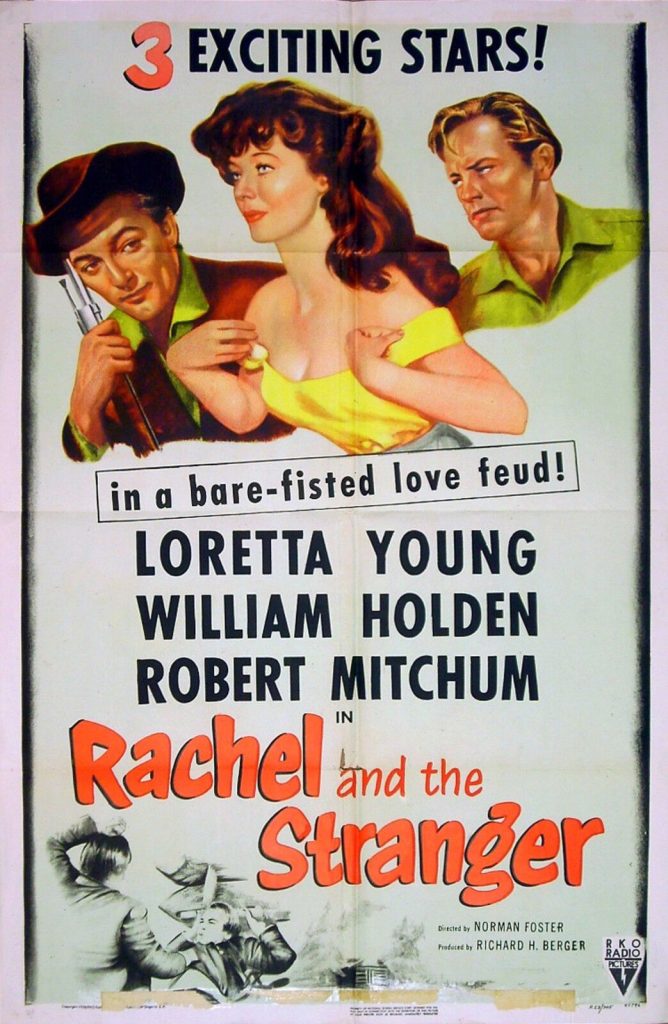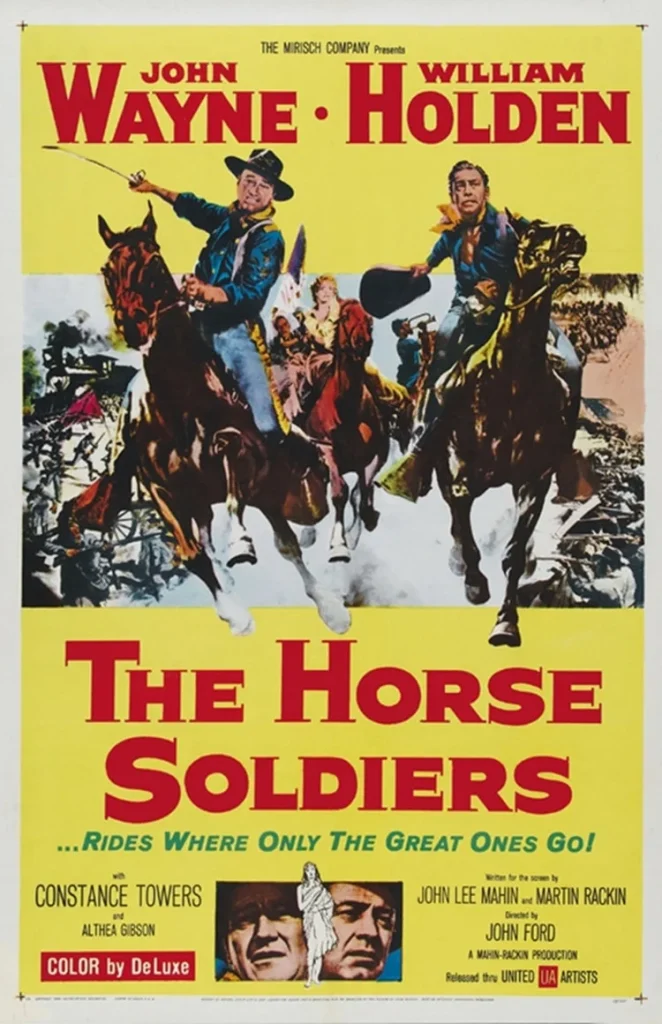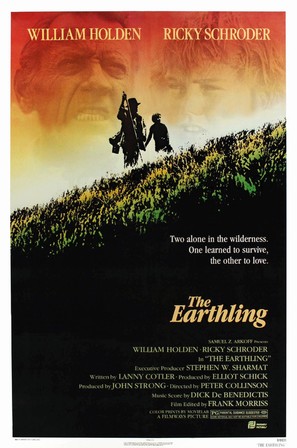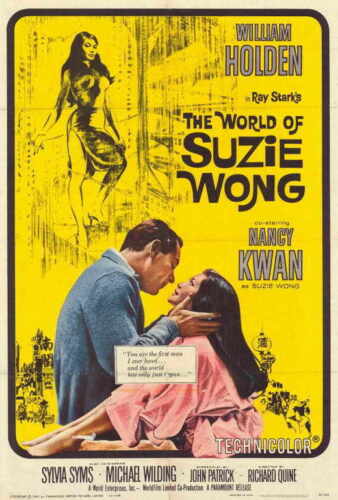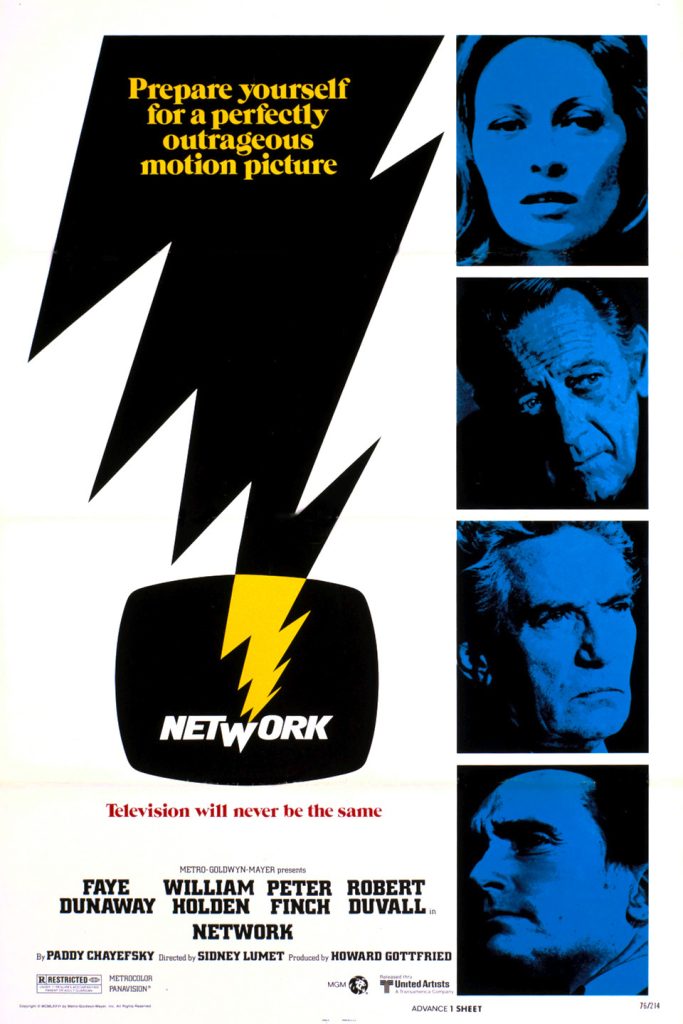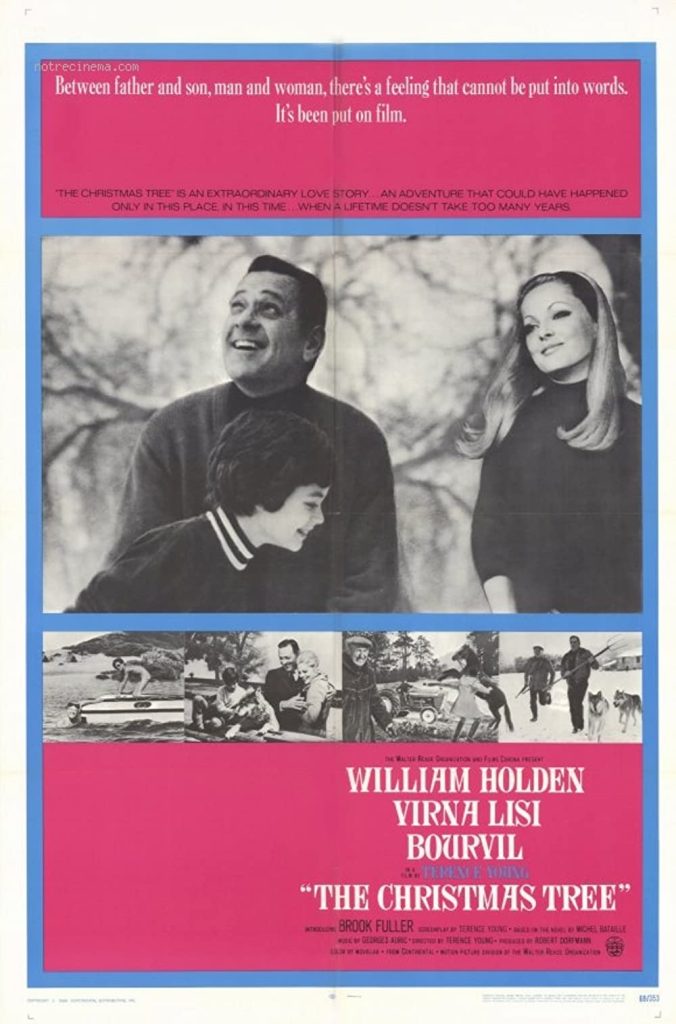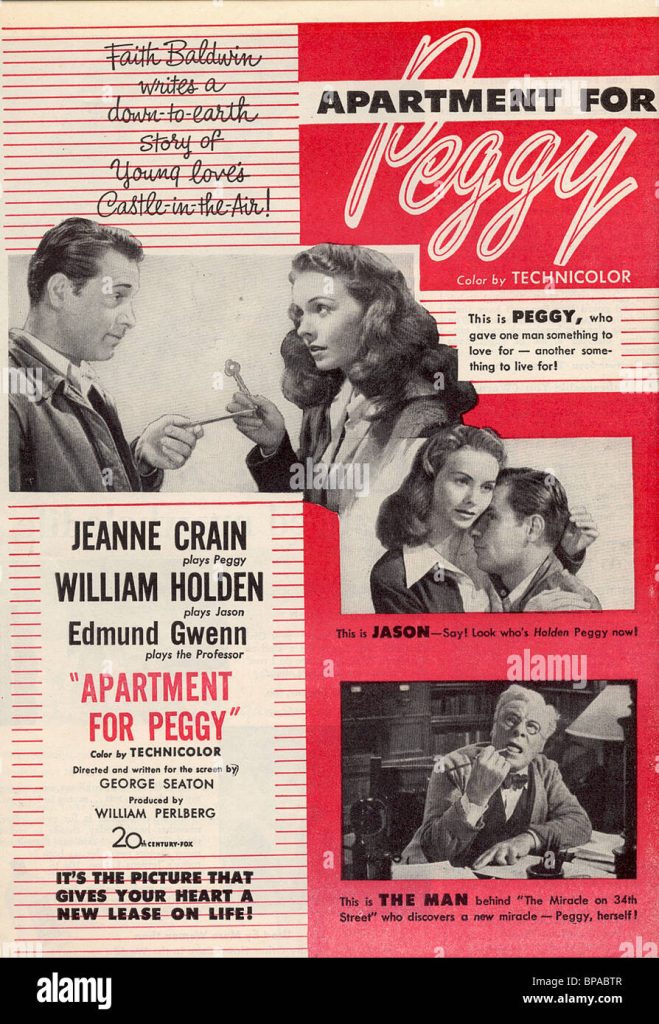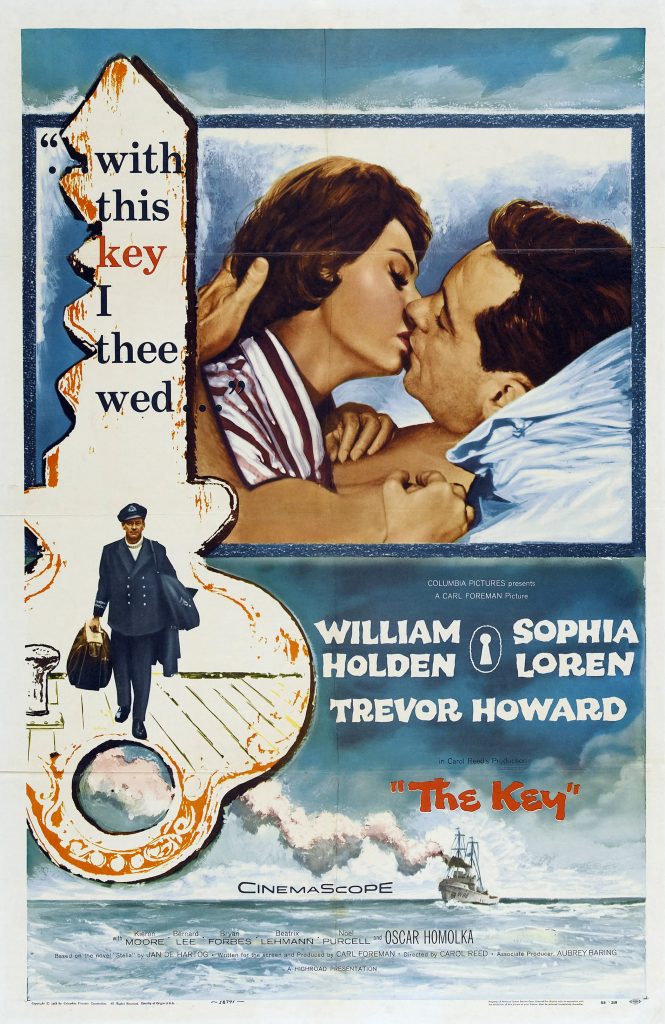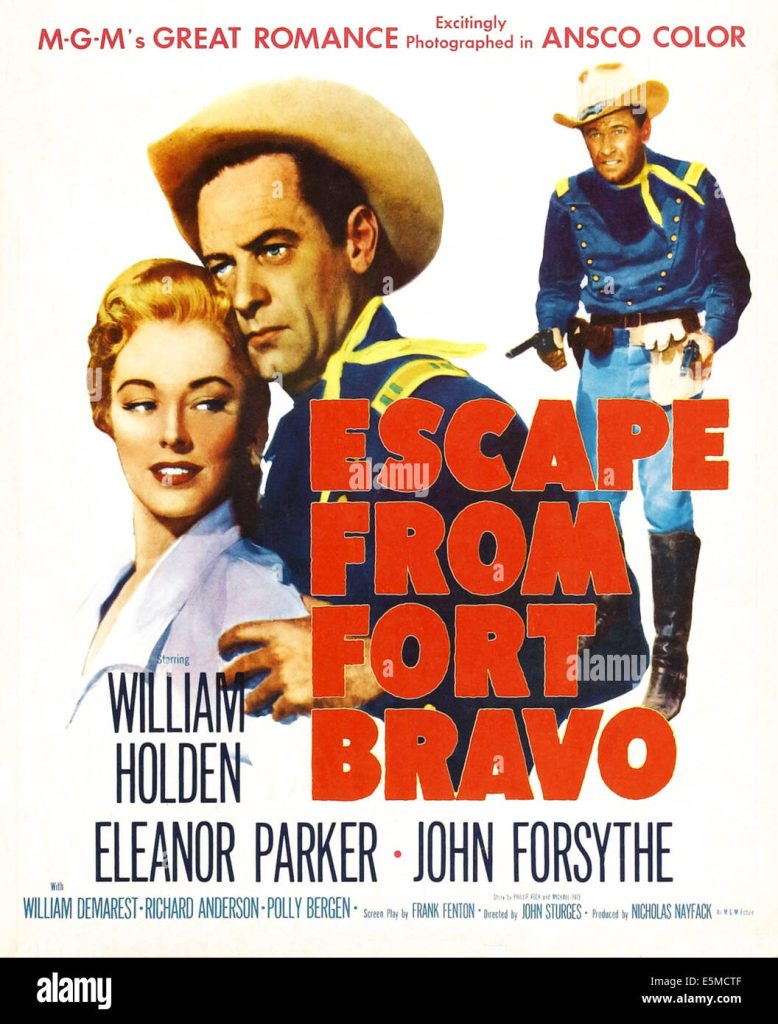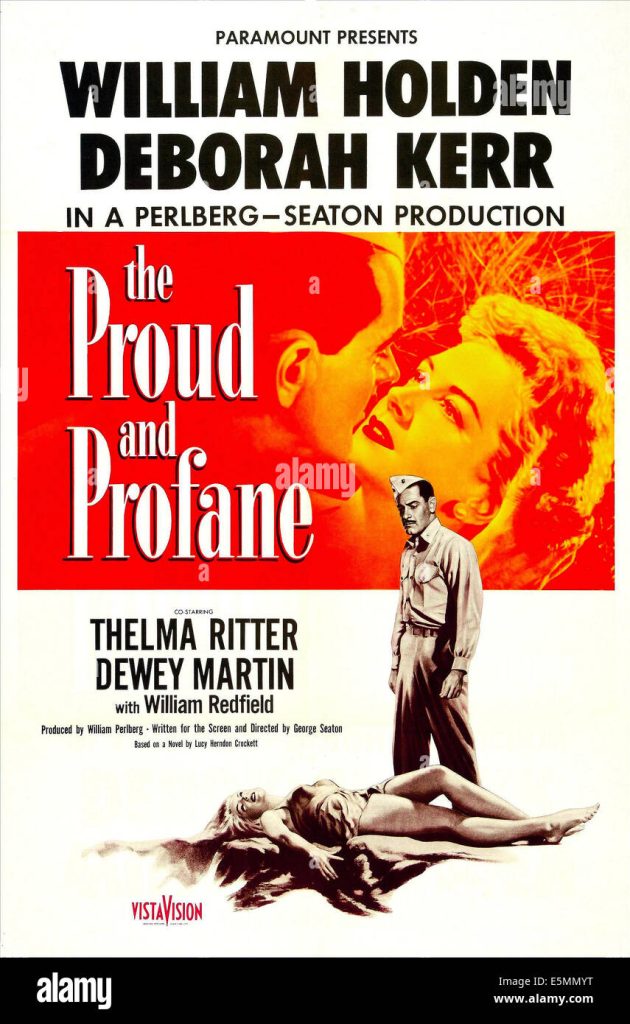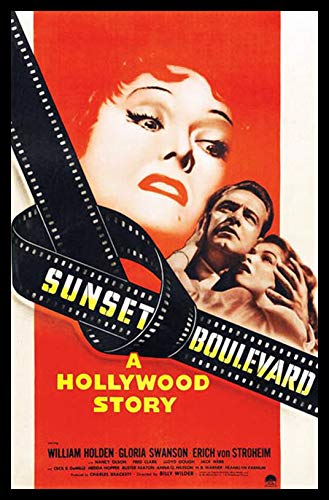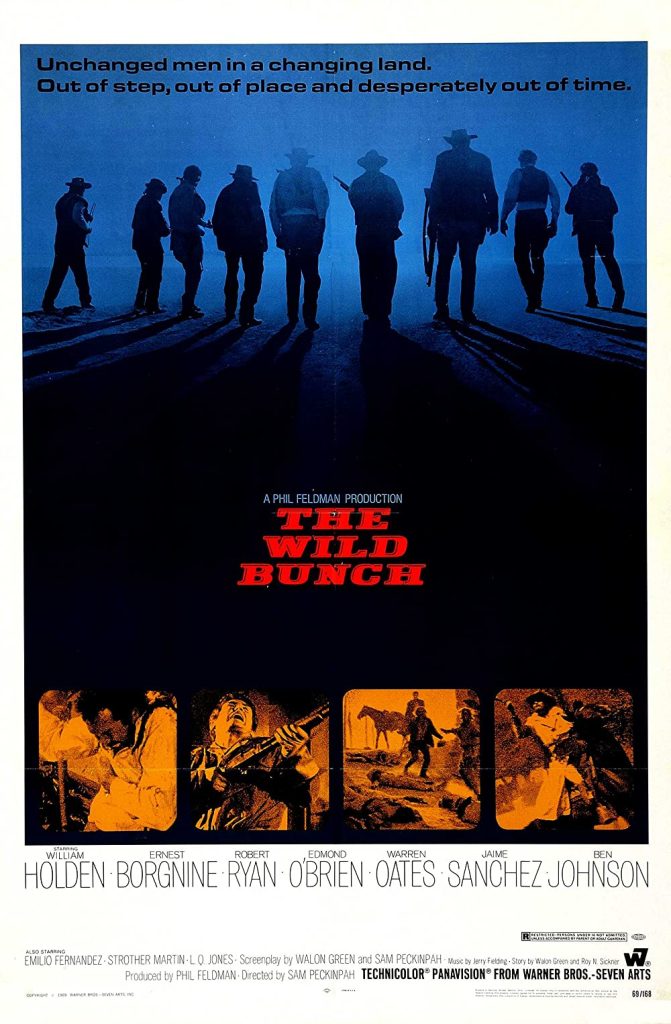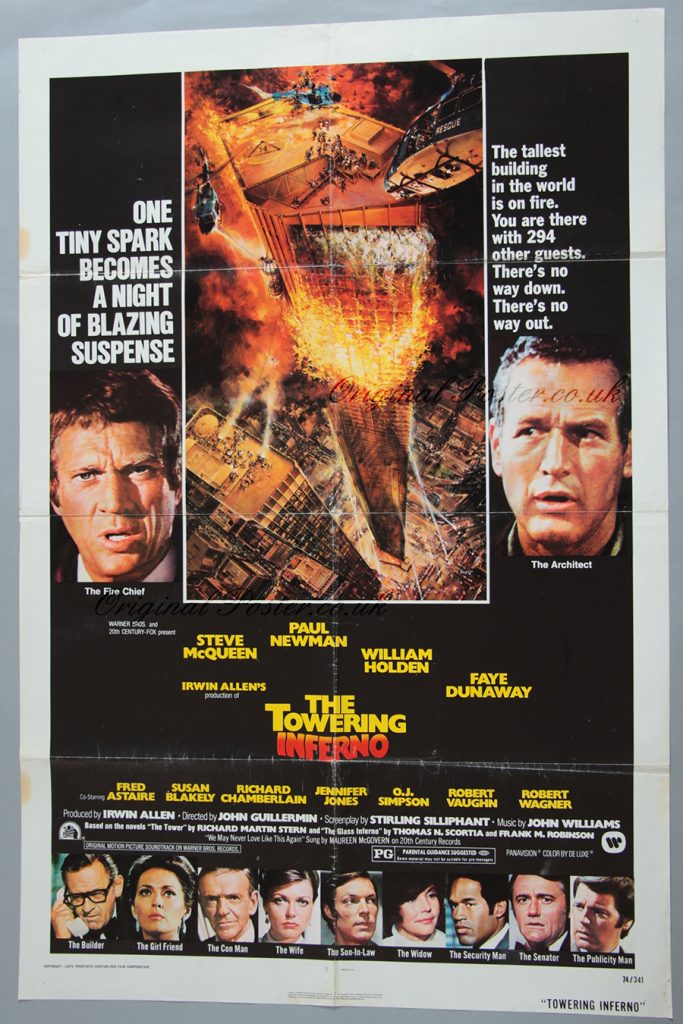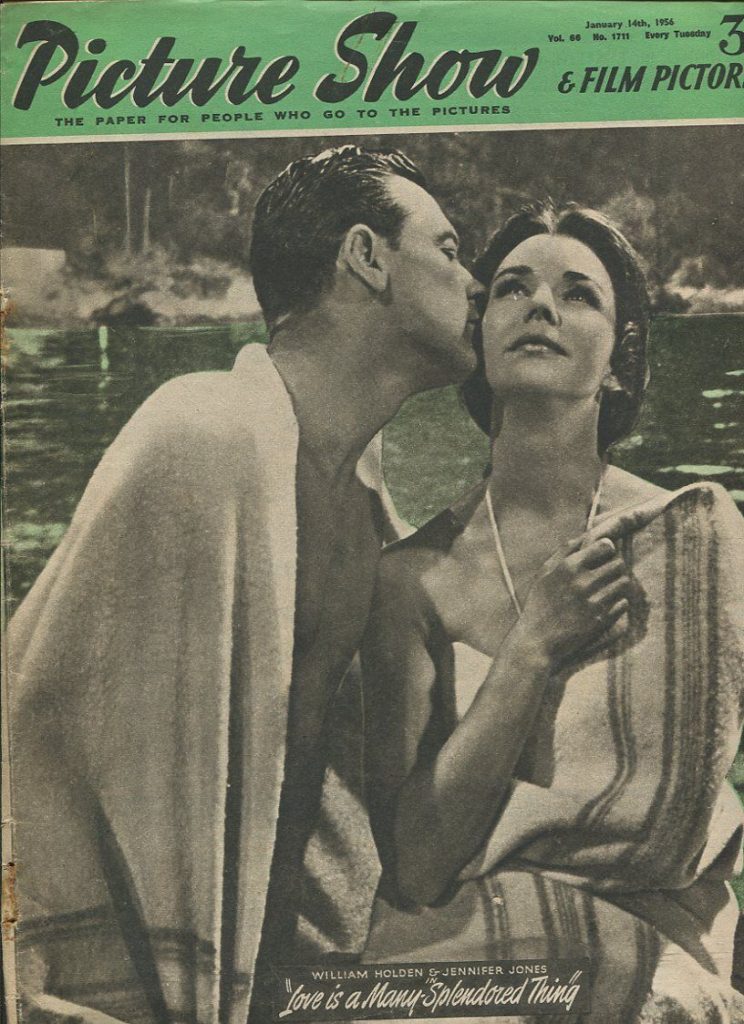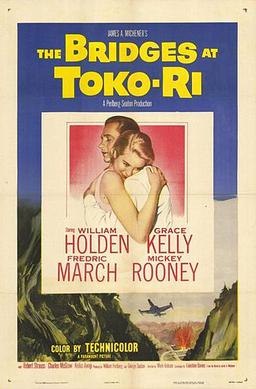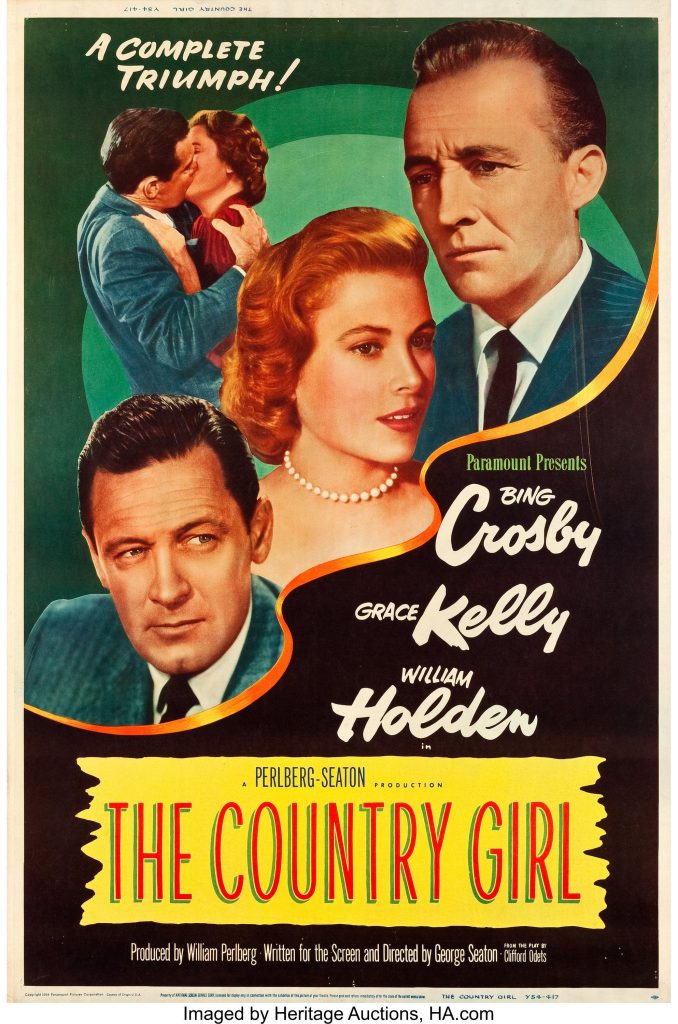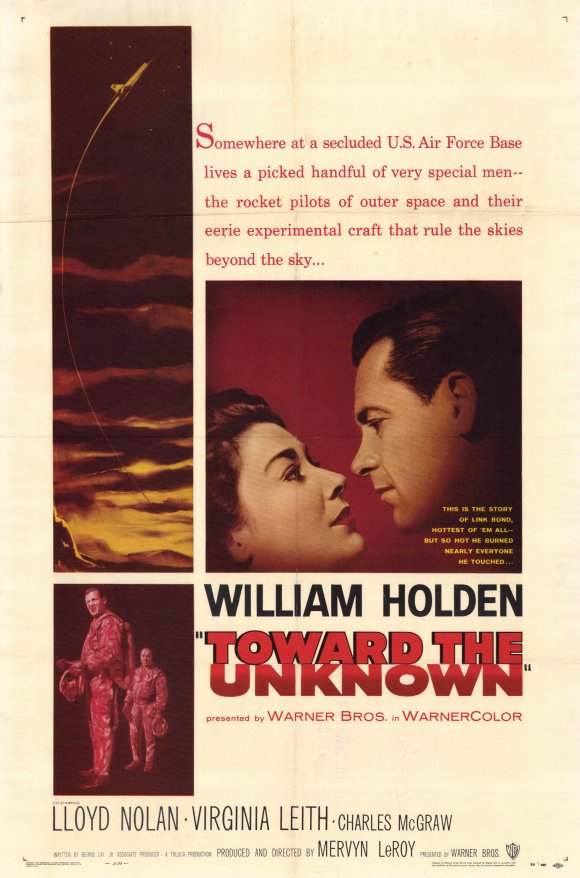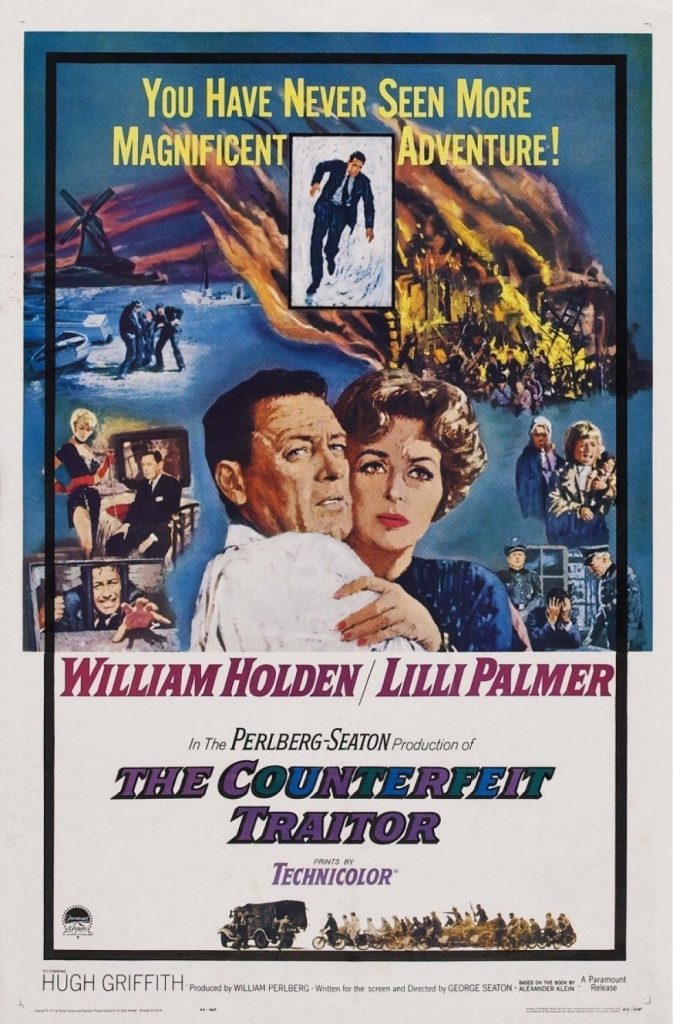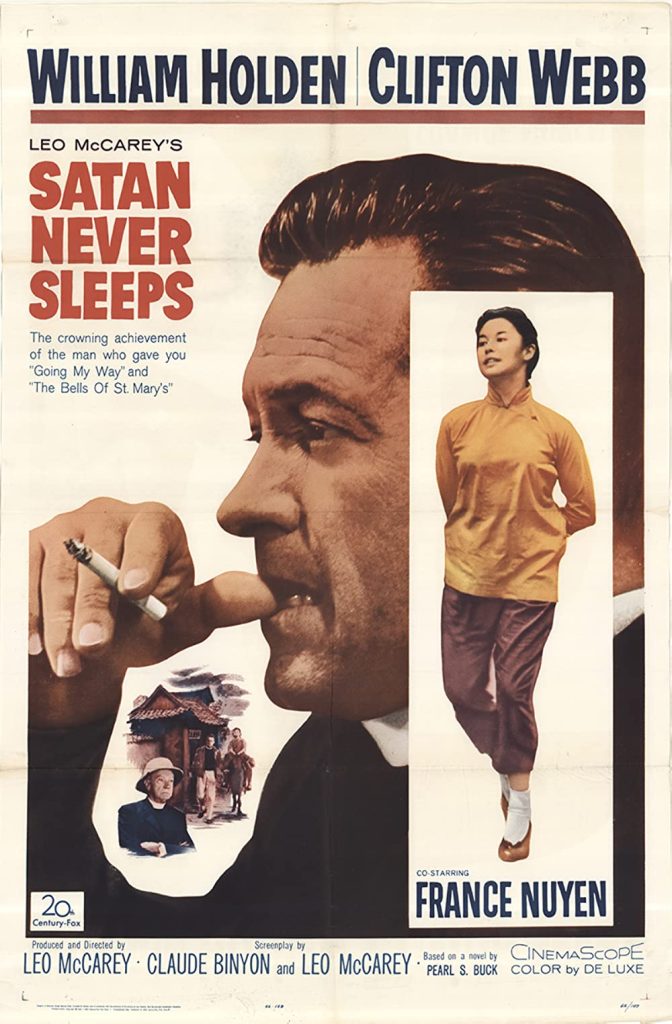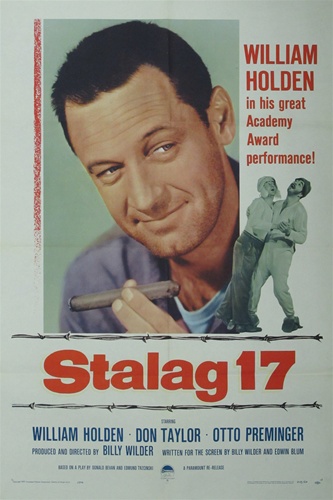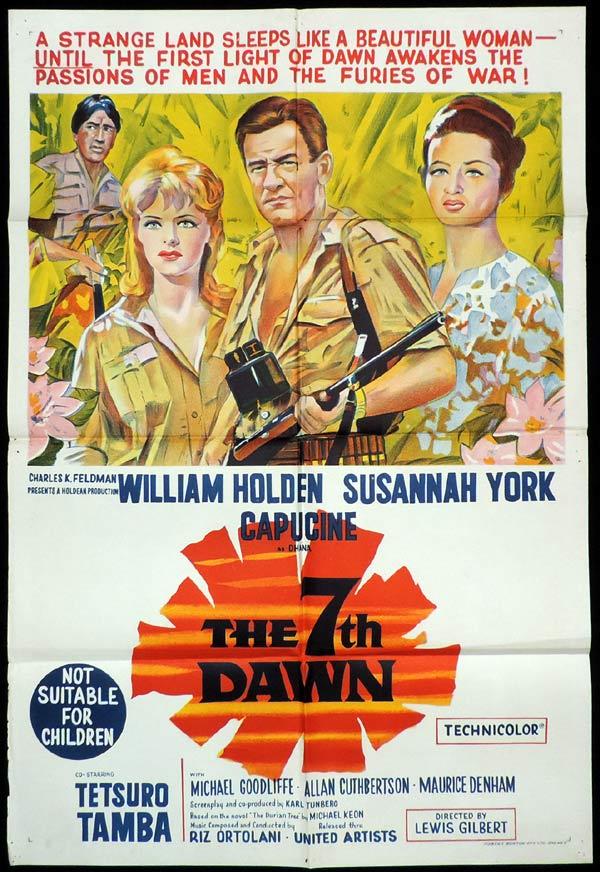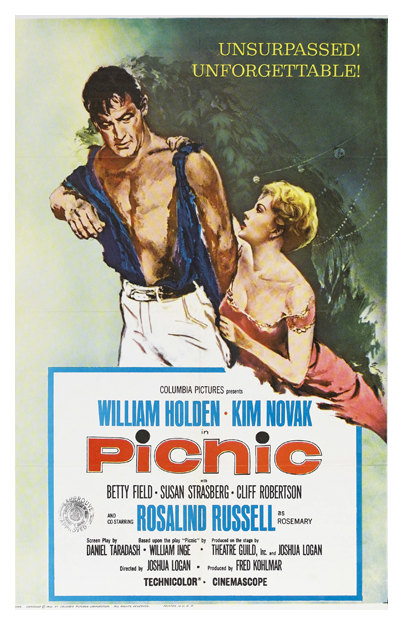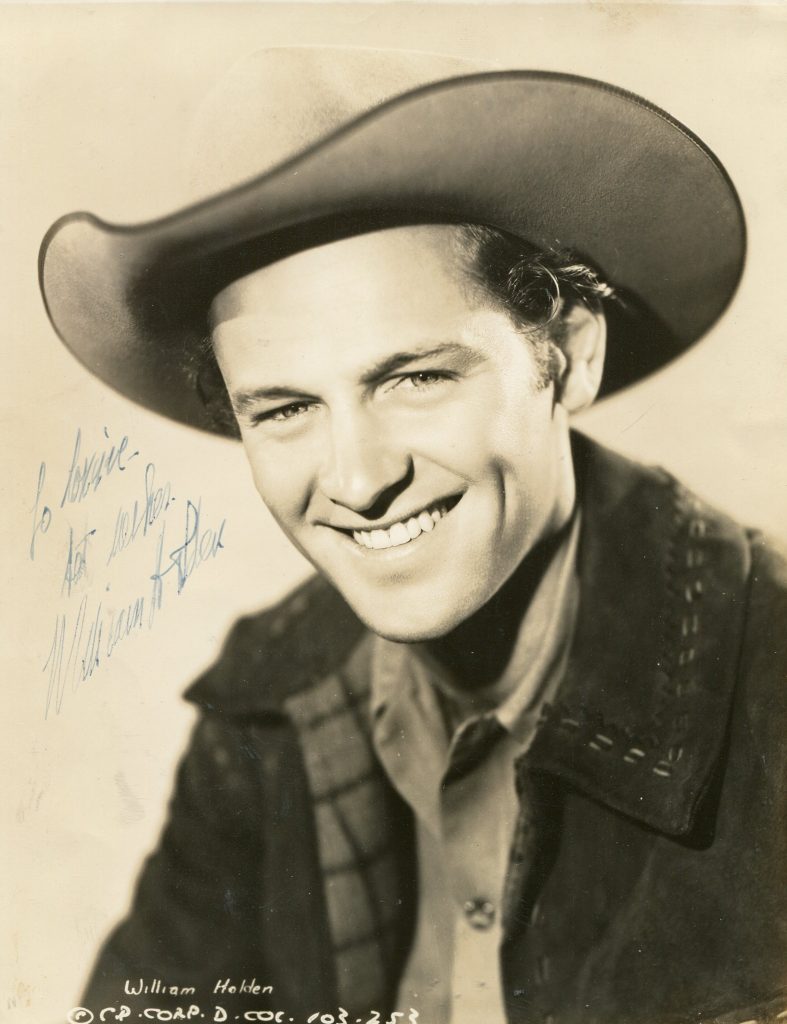
William Holden TCM Overview
William Holden in 1956, according to ‘Picturegoer’ was ‘Dependable, sturdy, cornerstone of solid box-office winners. Likeable, man-in-the-street face and splendid physique, backed by consistent performances, rather than electrifying talent, mark his success. He said he did not enjoy acting for hich reason, said Billy Wilder, he was fond of Holden. He was never hammy. Wilder stated ‘ He is the ideal motion-picture actor. He is beyond acting.’
You never doubt or question what he is. James Stewart is a prime example of that sort of actor. So is Gary Cooper. There is no crap about them. Yes, but Stewart and Cooper retained their individuality as they aged. Having little to start with, Holden had only a certain weary integrity when his youthful charm had gone.” – David Shipman in “The Great Movie Stars – The International years”. (1972).
William Holden was born in 1918 in O’Fallon, Illinois. His first film role was “Golden Boy” with Barbara Stanwyck in 1939. His career was curtailed by World War Two in which he served with the United States Army Air Force. His career took off in a major way in 1950 when Billy Wilder cast him in “Sunset Boulevard” with Gloria Swanson. He had a string of box office successes including “Picnic”, “The Bridges of Toko-Ri”, “Stalag 17”, “Love Is a Many Splendoured Thing”. The above photograph is from “The Wolrd of Suzie Wong” which was started with France Nuyen (see seperate blog on Ms Nuyen). Ultimately the film was completed with Nancy Kwan. Holden did not age well and in his later films like “Network” he looks much older than his actual age. He died in 1981 at the age of 63.
TCM Biography:
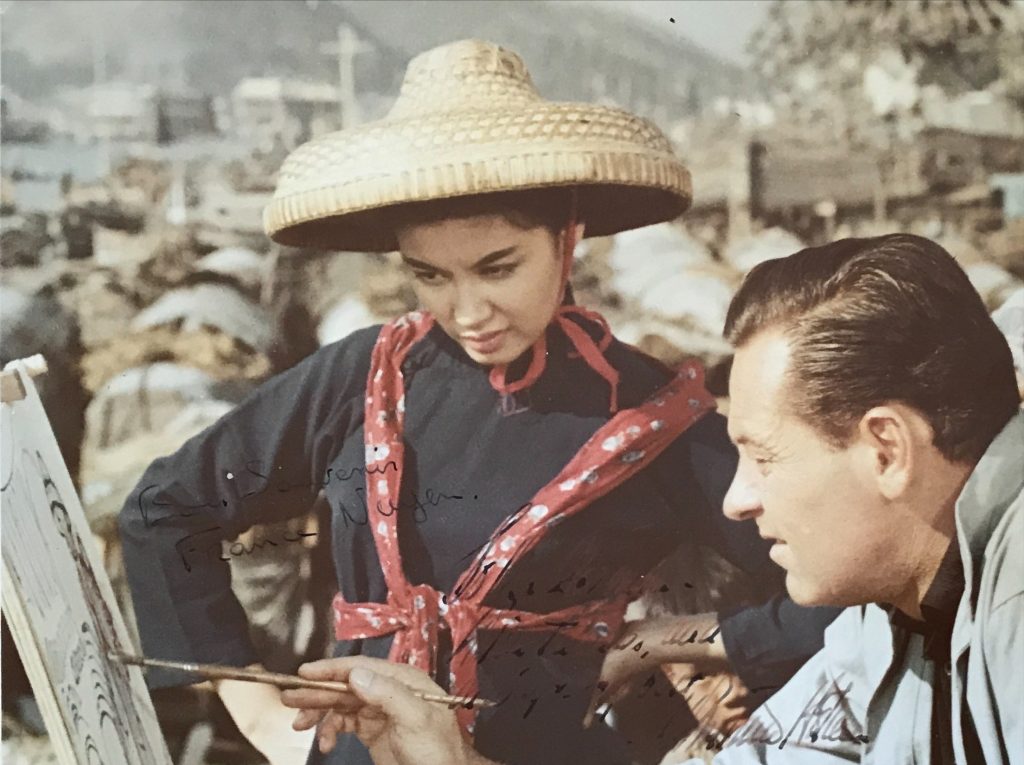
ew Hollywood actors have conveyed spiritual and physical pain with the charismatic authority of William Holden. This scion of a wealthy family in the chemical business first registered in films as a clean-cut, affably handsome lead in the 1940s and he matured into more rough and tumble roles. Along the way his earnest qualities yielded to cynicism, perhaps most notably for writer-director Billy Wilder in “Sunset Boulevard” (1950) and in his Oscar-winning performance in “Stalag 17” (1953). Over the years, the rigors of life and drink re-sculpted his features into an expressive leather that gave testimony to the ravages of the moral ambiguity that had characterized many of his best roles. This quality may have been most eloquently expressed by his central performance as the desperado cowboy Pike in Sam Peckinpah’s violent autumnal Western classic, “The Wild Bunch” (1969).
Holden became a star with his first substantial feature role as the boxer-violinist in “Golden Boy” (1939), a part that cast him opposite screen siren Barbara Stanwyck, who would later become his mentor and life-long booster. Holden was soon getting cast in fairly innocuous roles: the boy-next-door; the quintessential All-American in such films as “Arizona” as the amiable lover of a determined corruption buster Jean Arthur; the idealistic small town hero in “Our Town”; a hell-raising Joe College in “Those Were the Days” (all 1940). He was pitted against Glenn Ford, rivaling for the affections of Claire Trevor, in “Texas” (1941), tried to heat up an ice-cool Dorothy Lamour in the musical “The Fleet’s In” (1942), and was a poor boy who gets married in “Meet The Stewarts” (1942).
Holden joined the Air Force, fought in WWII and returned to the screen with a more complex personality. He starred in several films which, though unremarkable, were box-office favorites (“Dear Ruth” 1947 and “Rachel and the Stranger” 1948) before being cast against type to play a psycho killer in the low-budget noir “The Dark Past” (1949). 1950 proved to be Holden’s watershed year: he starred in two career landmarks, “Born Yesterday” as Judy Holliday’s culture tutor-cum-lover, and Billy Wilder’s “Sunset Boulevard”, as Norma Desmond’s hack screenwriter gigolo. With the latter portrayal, Holden’s screen persona began to move into the gray areas that were further explored in later roles like that of the pessimistic POW suspected of being a Nazi informer in Wilder’s “Stalag 17” (1953), a role which garnered Holden a Best Actor Oscar. Wilder discovered and expertly exploited the dichotomy between the actor’s wholesome All-American appearance and his potential for conveying moral darkness. Holden went on to become a leading box-office star between 1954-58 and reigned as the top-grosser in 1956. Notable roles of this period included playing an ambitious company man in “Executive Suite”, a ne’er-do-well playboy in Wilder’s “Sabrina” (both 1954) and the drifter who breaks Kim Novak’s heart in “Picnic” (1956).
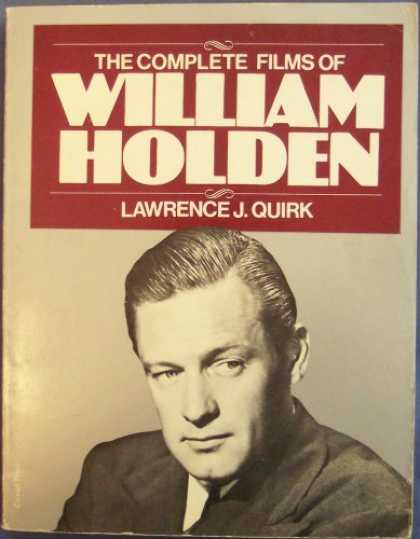
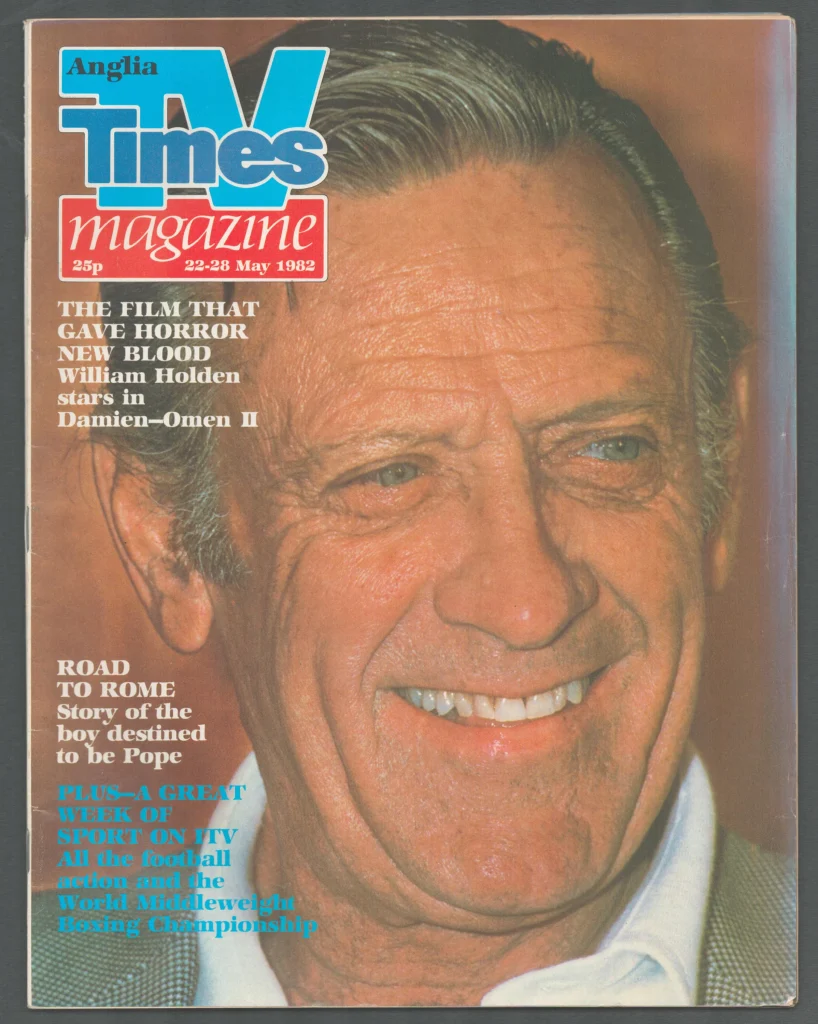
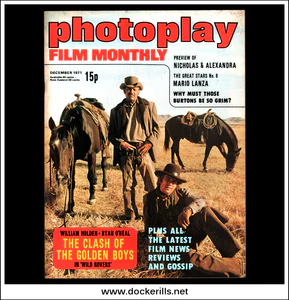
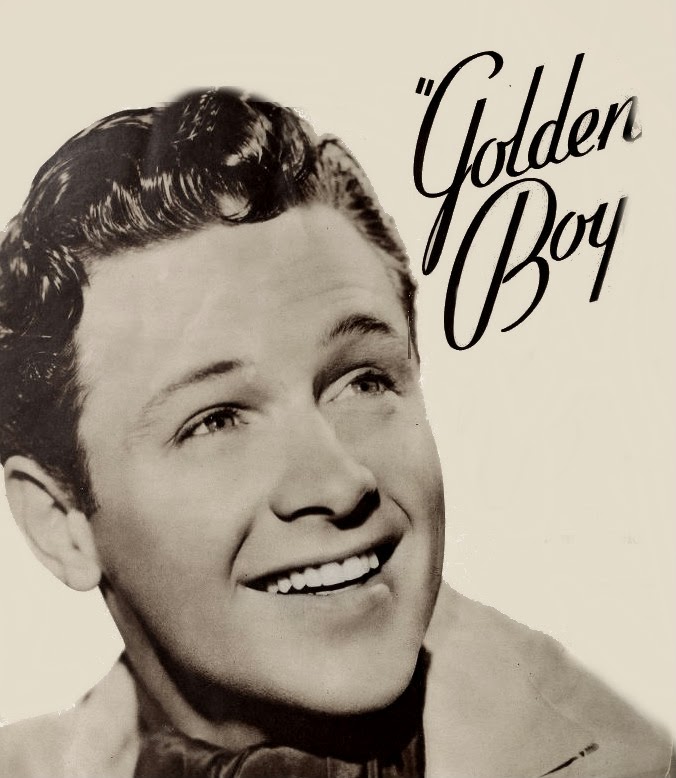
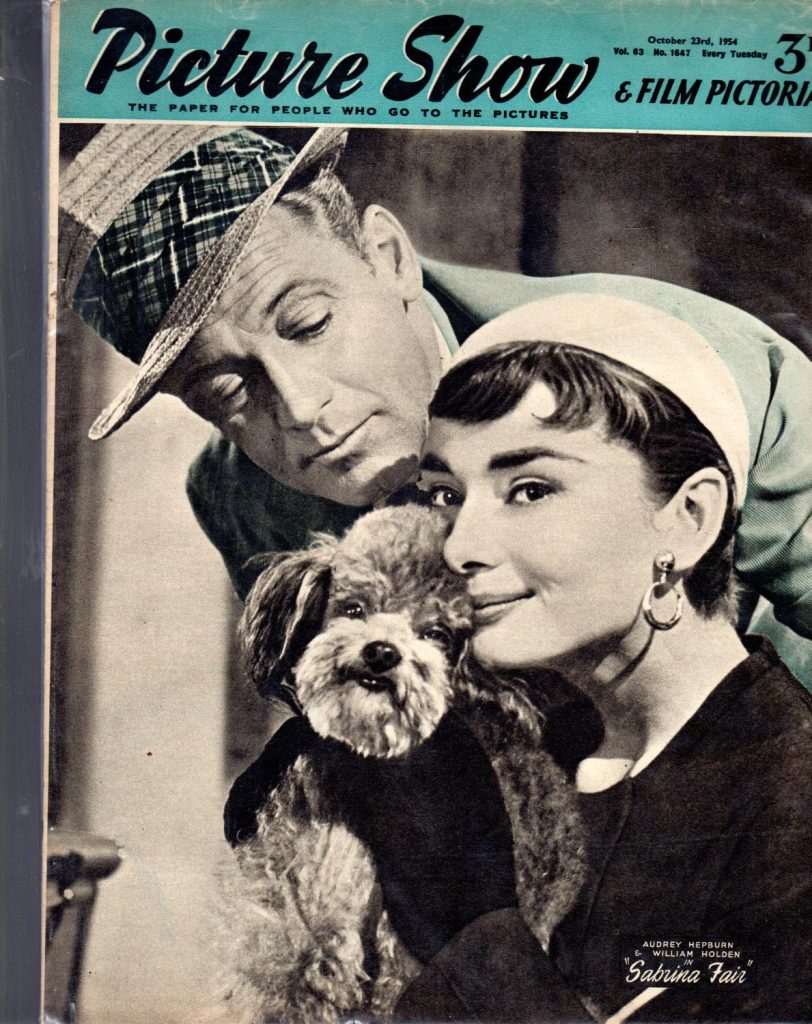
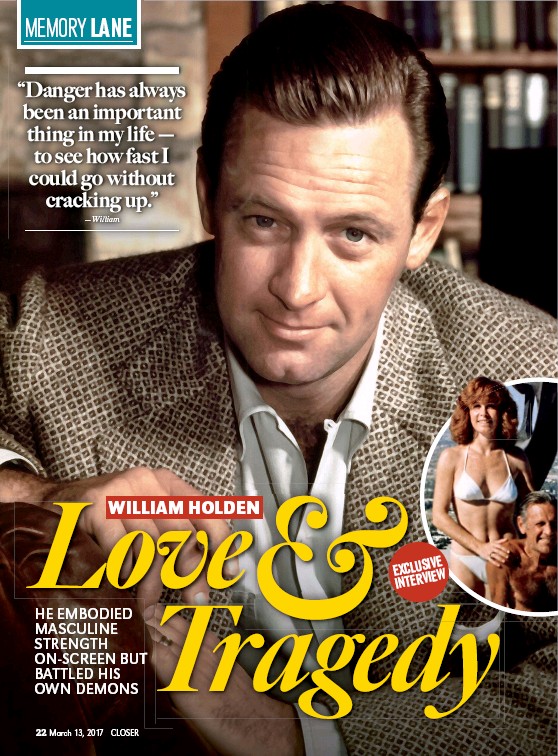
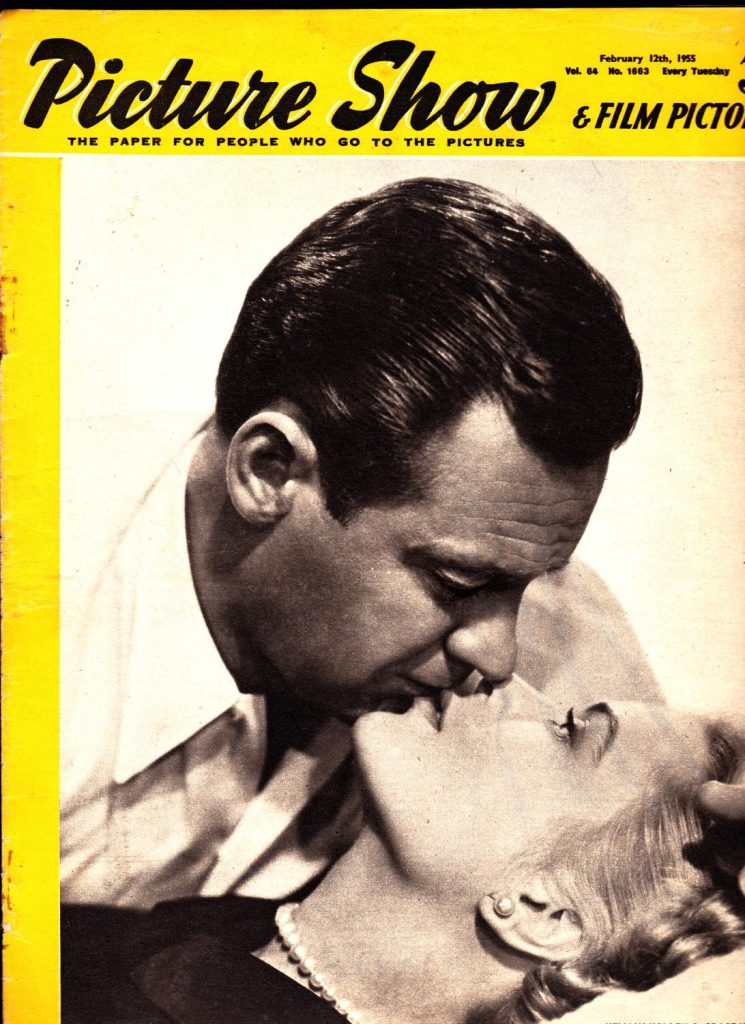
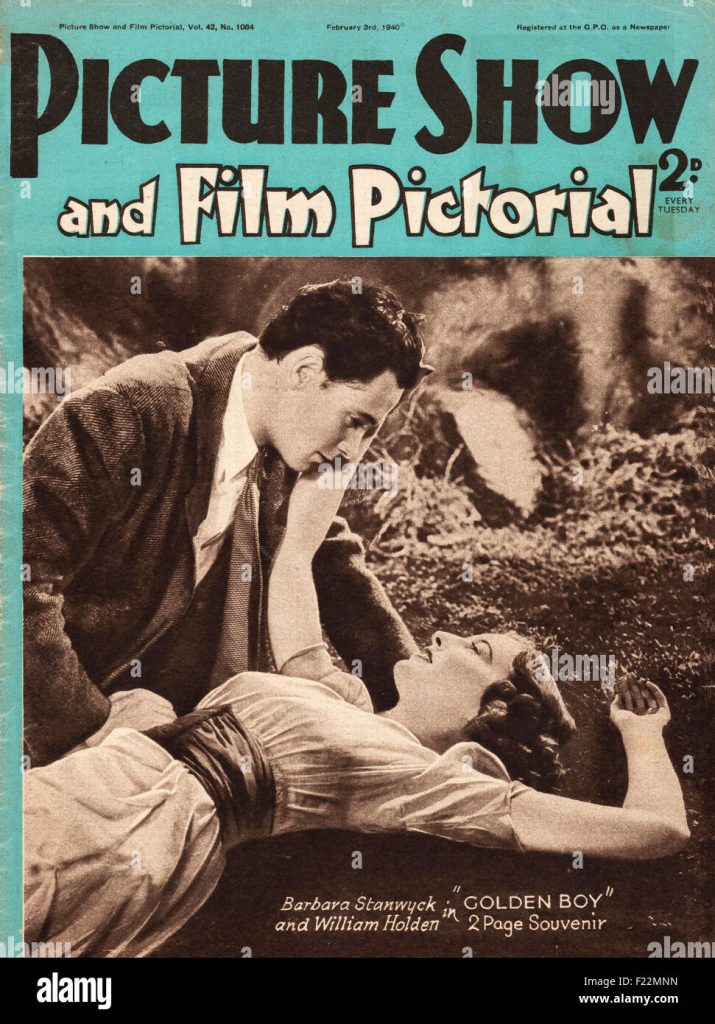
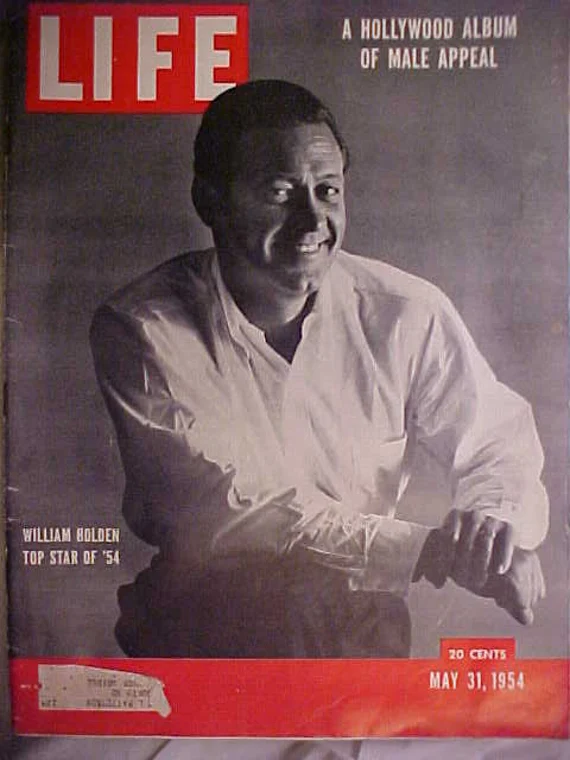
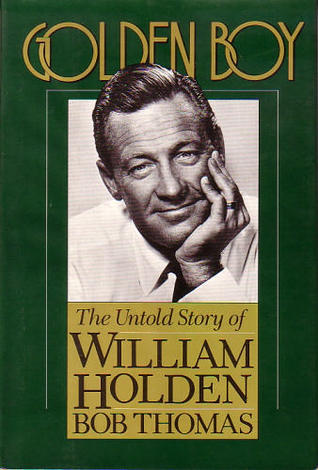
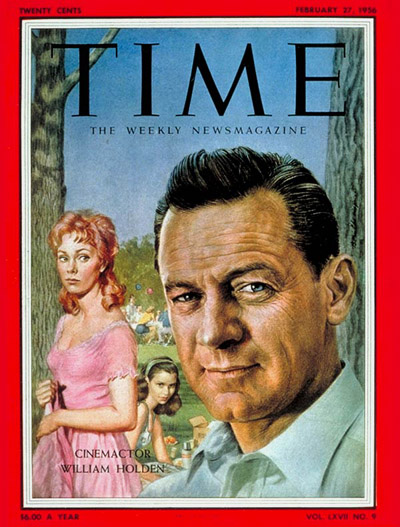
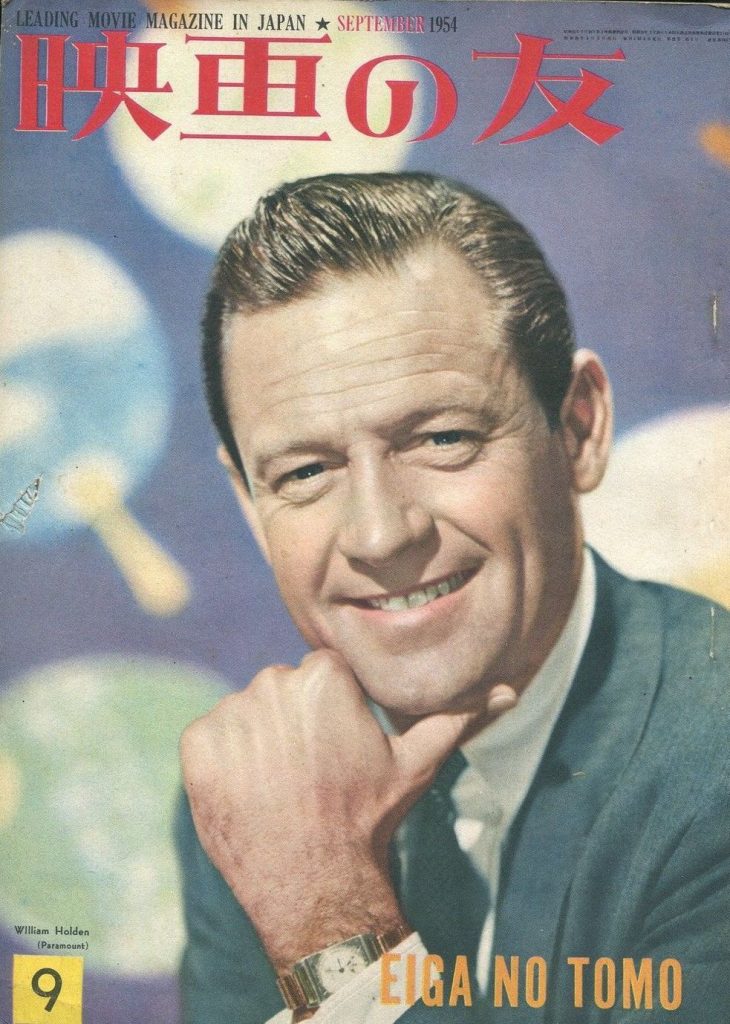
Holden remained active for nearly three more decades, showing up in a pivotal role in “The Bridge on the River Kwai” (1957). While many of his 60s credits were routine and worse (e.g. “Paris When It Sizzles” 1963), the decade also boasted some undeniable triumphs, including his portrayal of a double agent in the fine thriller “The Counterfeit Traitor” (1962) and a career highlight in Peckinpah’s “The Wild Bunch” (1969). The 70s found Holden in a number of mediocre action and adventure vehicles (“Towering Inferno” 1974, “Ashanti” 1979, “The Earthling” 1980) as well as a few winners including the highly acclaimed “Network” (1976), as a conscientious TV executive, and Wilder’s sadly underrated “Fedora” (1978), as a producer trying to encourage a Garbo-esque star to come out of self-imposed retirement. Fairly late in his career, Holden made his TV debut, winning an Emmy for his work in the detective miniseries about the L.A. police department “The Blue Knights” (1973). His final film performance came in Blake Edwards’ caustically comic look at Hollywood, “S.O.B.” (1981).
Holden died from an accidental fall in his apartment in 1981.
His TCM biography can also be accessed here.
